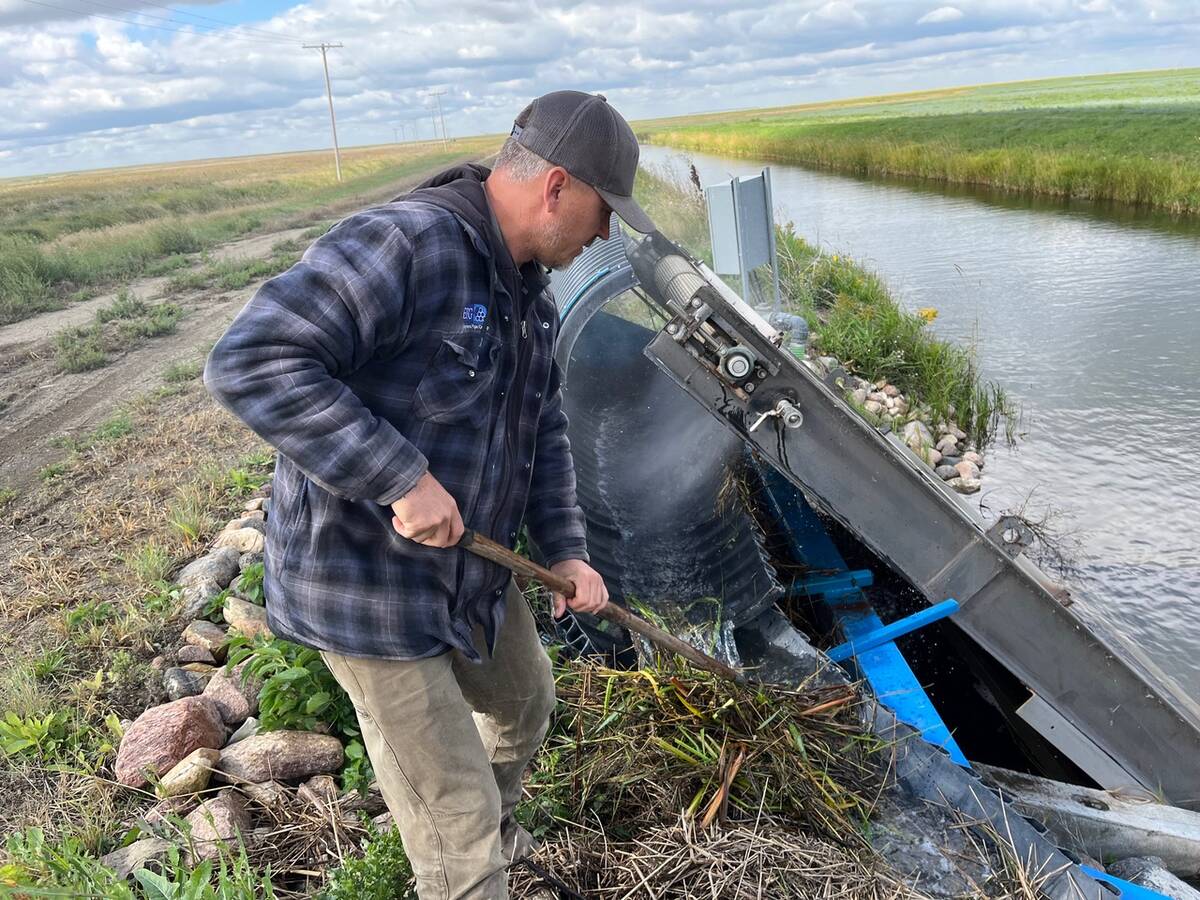OTTAWA – The new Canadian food inspection agency will not become a vehicle for extracting user fees from farmers, senior Agriculture Canada officials assured MPs last week.
As a House of Commons committee began studying legislation to create the single inspection agency, MPs worried it could become a costly bureaucracy that farmers will have to help fund through new user fees.
Several raised the spectre of the Pest Management Regulatory Agency, under attack from farm groups over its proposal for hundreds of bureaucrats and tens of millions in charges to farmers.
Read Also

Saskatchewan farmer uses tile drainage to manage water
The integration of both irrigation and tile drainage results in higher yields, water efficiency, improved soils and less nutrient runoff, says one producer.
“Are we going to end up with the same mess we are seeing in the PMRA?” #asked Reform MP Elwin Hermanson.
“Absolutely not,” replied Ron Doering, executive director of Agriculture Canada’s office of food inspections systems. “I can promise.”
He made the same pledge on user fees.
The government has said it wants to collect $60 million in user fees from the inspection system, approximately 20 percent of the cost of the agency.
No fee increase
Doering said there are no plans for an increase in that target.
“This is not a technique to do more cost recovery,” he told Liberal MP Murray Calder.
He said the food agency, once it is set up next year, will employ fewer people than now work in food inspection offices in agriculture, health and fisheries departments.
Last year, food inspection services had 5,100 employees. Next year, the new agency will start with 4,500 staff.
And the budget will fall from $400 million spent by the three departments to $300 million in the future, Doering said.
The new agency, being created as an alternate service agency operating outside a department and under more flexible rules than those that apply to government departments, will have more flexibility to change and to cut costs, he added.
Open to change
“It is a hybrid. We needed a more entrepreneurial, more nimble organization.”
Several unions will be appearing before the committee to argue that the government tendency to move more services outside the traditional public service is creating problems for workers and may undermine the accountability of affected agencies.
Last week, Doering told the Commons agriculture committee that the food inspection agency will have greater accountability because it will table in Parliament both work plans and annual reports, and also assessments of its performance compared to the goals.
It will report to Parliament through the agriculture minister.
Meanwhile, fisheries minister Fred Mifflin last week introduced a new Fish Inspection Act to Parliament to shift responsibility for fish inspection from his department to the new agency.
















